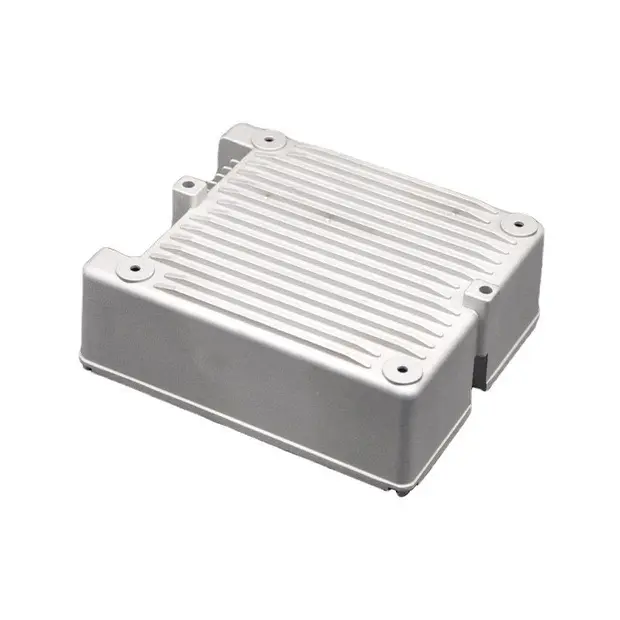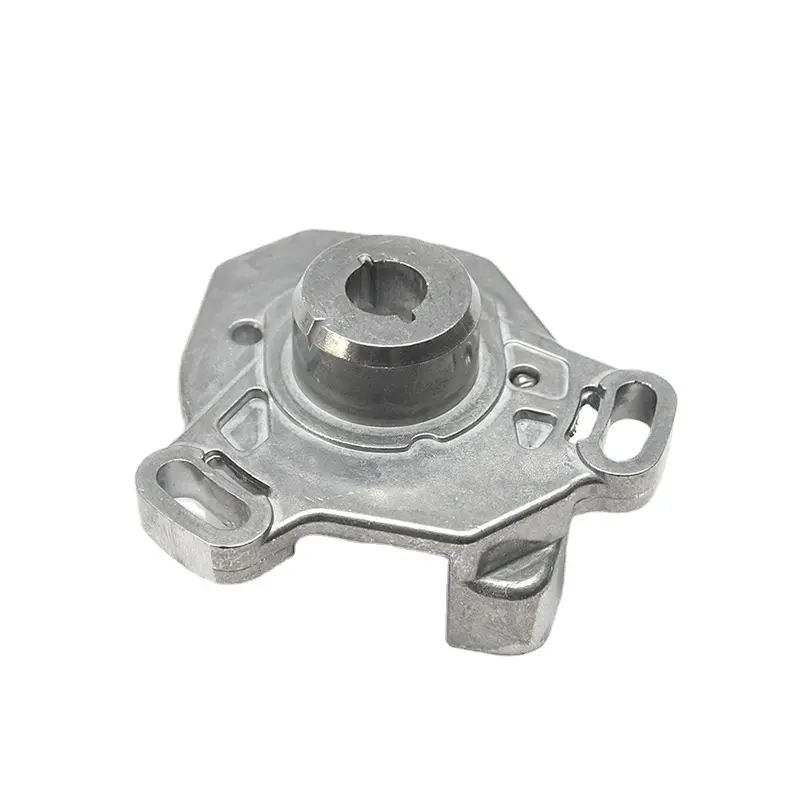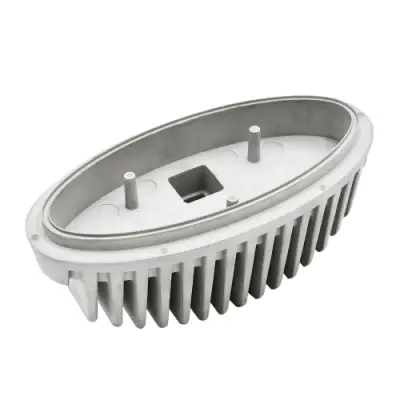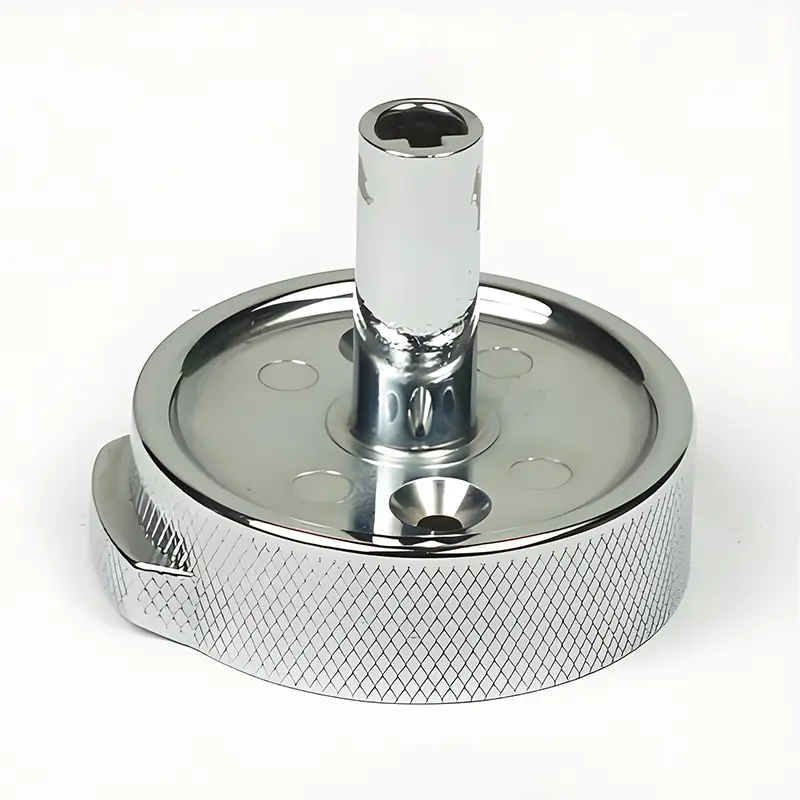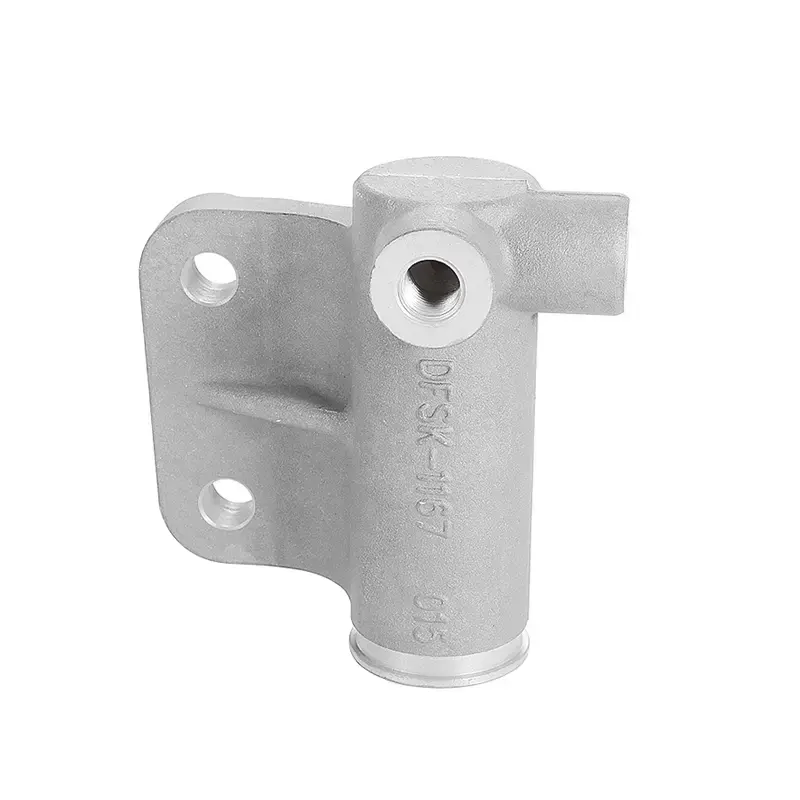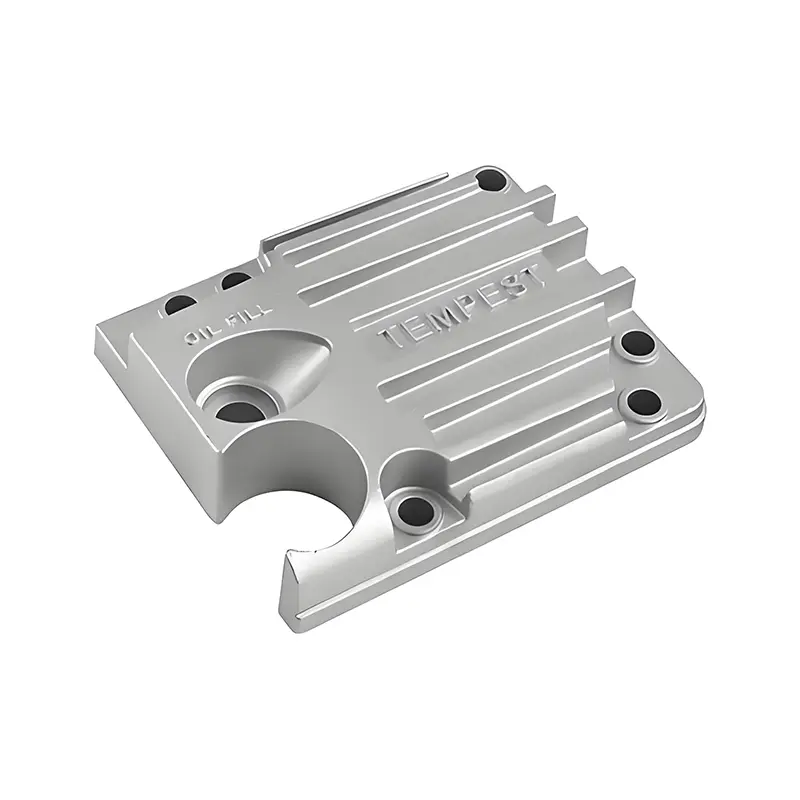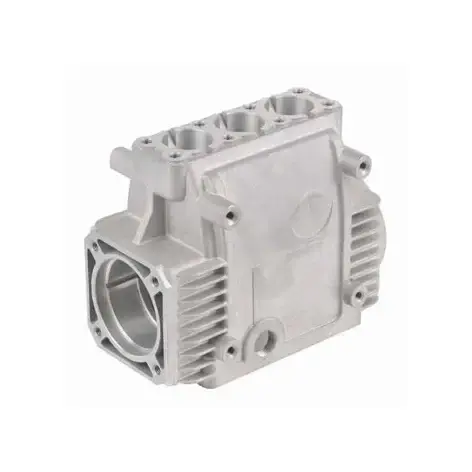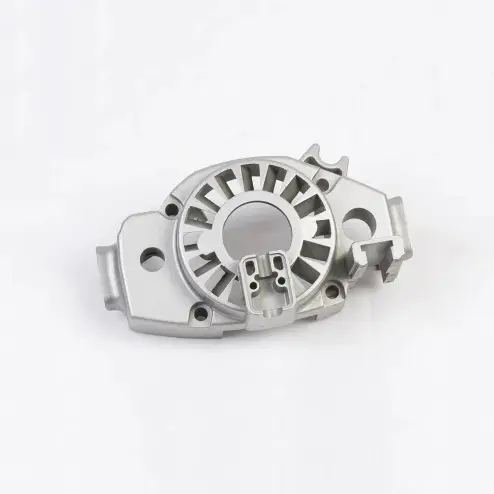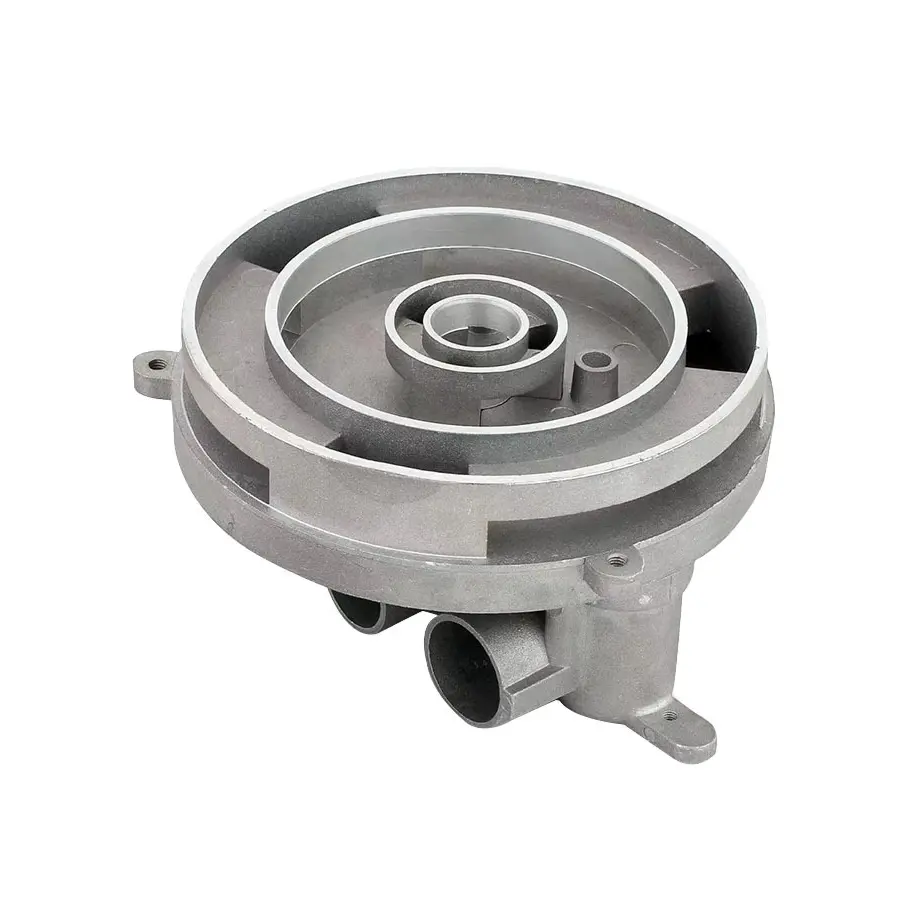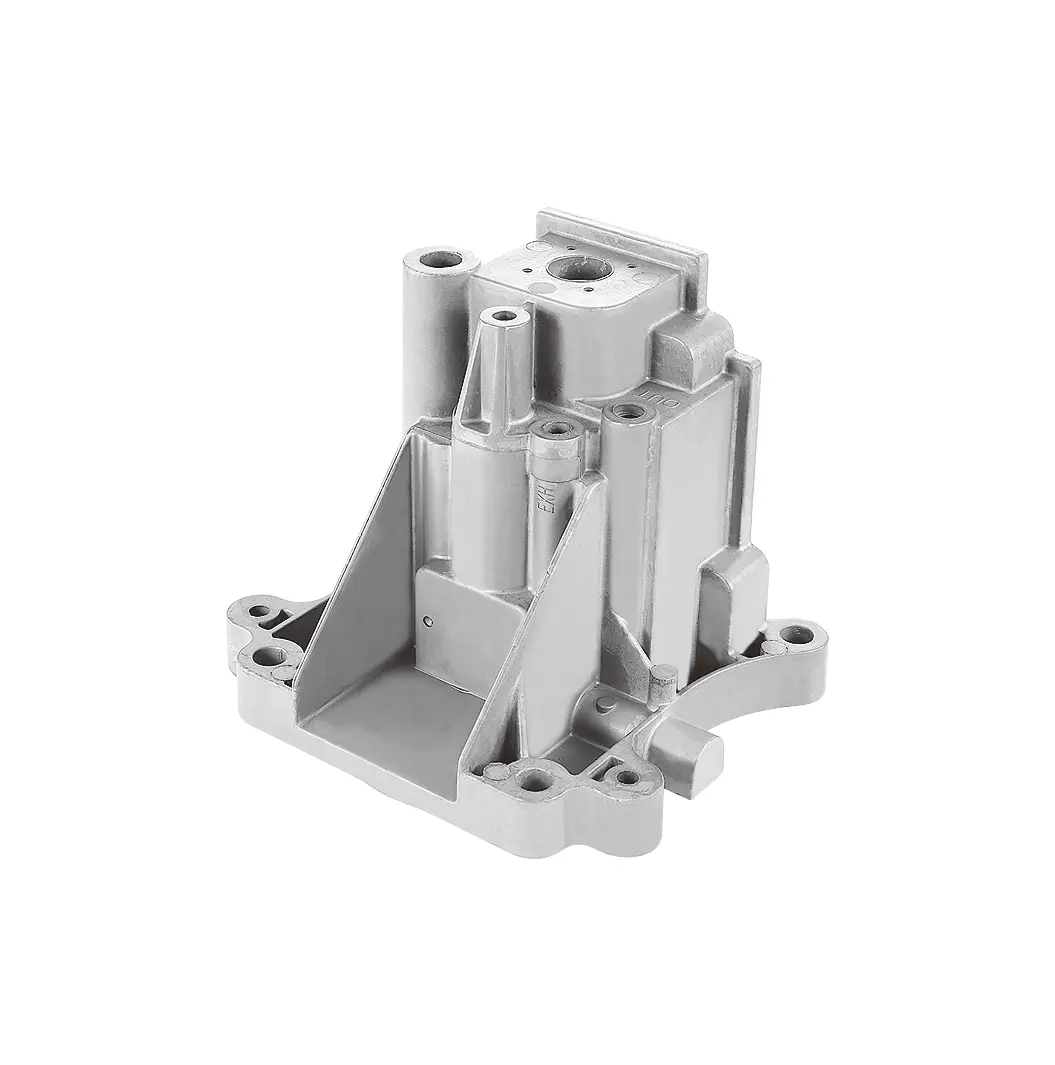 +86-13516964051
+86-13516964051 High Precision Aluminum Alloy Die-Casting
High Precision Aluminum Alloy Die-Casting: A Core Competitive Advantage That Cannot Be Ignored in Foreign Trade Cooperation
With the increasingly sophisticated division of labor in global manufacturing, aluminum alloy die-casting, with its advantages of lightweighting, high strength, and high mass production efficiency, has become a key supporting process in industries such as automotive, electronics, and medical devices. For foreign trade buyers, Casting Precision is a key indicator that determines the success of a partnership—it directly impacts product assembly efficiency, service life, and regulatory compliance. This article will delve into the technical logic, practical value, and guarantee system behind the high precision of aluminum alloy die-casting, providing a reference for your overseas purchasing decisions.
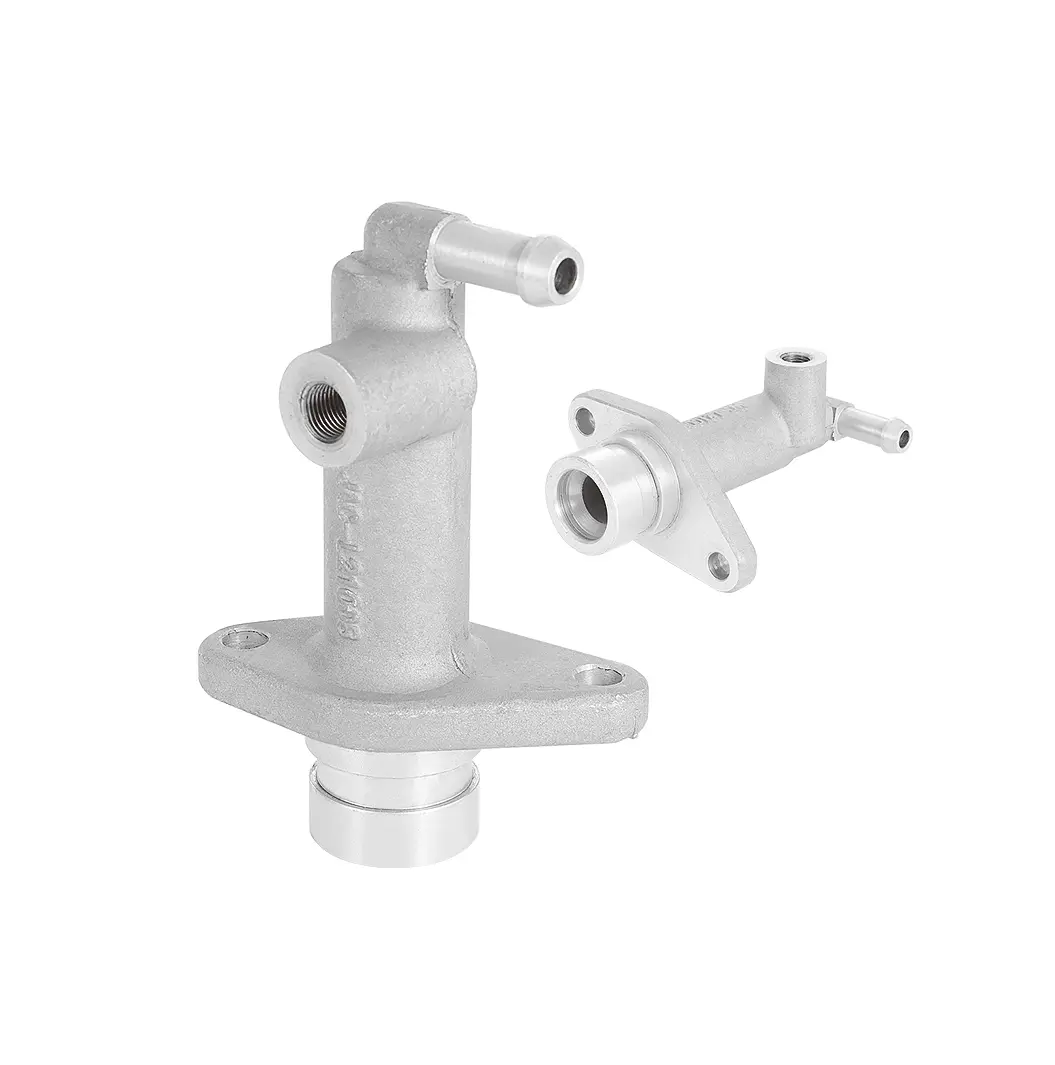
First, the "Technical Secret" to High Precision in Aluminum Alloy Die-Casting: Controlling Dimensional Stability from the Source
The high precision of aluminum alloy die-casting is no accident; it's the result of a comprehensive, coordinated process encompassing mold design, equipment performance, material properties, and post-processing. We ensure precision control throughout production through four core links:
1. Mold: The "First Cornerstone" of High Precision
The mold is the source of die-casting precision. We utilize a five-axis CNC machining center and EDM technology to achieve micron-level machining of mold cavities and runners. We maintain tolerances of ±0.005mm for mold components, and achieve a parting surface fit exceeding 99.8%. Furthermore, to account for the thermal expansion and contraction characteristics of high-temperature die-cast aluminum alloys, our engineers use CAE simulation software to preset shrinkage compensation (typically 0.5%-1.2%, depending on the alloy type) to minimize dimensional deviations after the casting cools.
2. Die-Casting Equipment: The "Power Core" of Precision Control
We have imported high-Precision Die-casting machines from brands such as Bühler (Germany) and Italpresse (Italy). Their core advantages include:
Clamping force control accuracy: ±1kN real-time feedback adjustment prevents flash or dimensional deformation of castings caused by uneven clamping force;
Closed-loop control of injection speed and pressure: Injection speed can be accurately controlled to 0.1m/s, ensuring uniform filling of the aluminum alloy liquid within the mold and minimizing the impact of defects such as porosity and shrinkage on precision;
Intelligent mold temperature control: A multi-point temperature control system controls mold temperature fluctuations to ±5°C, stabilizing the solidification rate of the aluminum alloy liquid and ensuring dimensional consistency across batches of castings.
3. Aluminum Alloy: Naturally Suitable for High-Precision Requirements
Aluminum alloys (such as ADC12, A380, and AlSi10Mg) have low melting points (580-650°C) and high fluidity, enabling them to completely fill micro-cavities in molds (capable of forming narrow gaps as small as 0.5mm). Furthermore, we use high-purity virgin aluminum ingots (≥99.7%) to minimize the impact of impurities on casting shrinkage. Experimental data shows that the dimensional fluctuation range of high-purity Aluminum Alloy Castings is over 30% smaller than that of ordinary alloys.
4. Post-Processing: Final Calibration for Precision
For high-demand orders, we use a coordinate measuring machine (CMM) for full-dimensional inspection (accuracy ±0.001mm). Combined with secondary processing such as CNC precision milling and laser marking, we achieve:
Key hole tolerances are controlled to H7 level (e.g., a φ10mm hole tolerance of ±0.015mm);
Flatness error ≤ 0.1mm/m;
Surface roughness Ra ≤ 1.6μm, meeting direct assembly requirements.
Second, why are high-precision castings so popular with foreign trade customers? Three Core Values
Choosing high-precision aluminum alloy die-castings is not just about meeting standards; it's also a strategic choice for reducing costs and enhancing competitiveness:
1. Reduce assembly losses and lower total costs
When sourcing automotive parts (such as engine mounts and transmission housings), dimensional deviations exceeding 0.1mm can lead to problems such as misaligned bolts and leaking seals. A European automotive supplier reported that using high-precision castings reduced the rework rate on its assembly line from 8% to 0.5%, saving over €120,000 annually on a single production line.
2. Adapting to demanding industry standards and breaking down trade barriers
Industries like medical devices and aerospace have extremely stringent precision requirements (for example, medical device housings must have tolerances of ≤±0.05mm). Our castings are certified to ISO 8062-CT5 tolerances (one of the highest international dimensional tolerance levels for castings), directly meeting EU CE and US FDA compliance requirements, helping customers quickly pass market access approvals in their destinations.
3. Improve Product Reliability and Extend Service Life
In the electronics and communications sector (such as 5G base station heat sinks), high-precision castings provide more uniform heat dissipation, reducing component damage caused by localized overheating. In outdoor lighting housings, high-precision seams effectively prevent rainwater infiltration, extending product life from three years to over five years—a key reason why customers in Southeast Asia and the Middle East prefer high-precision castings.
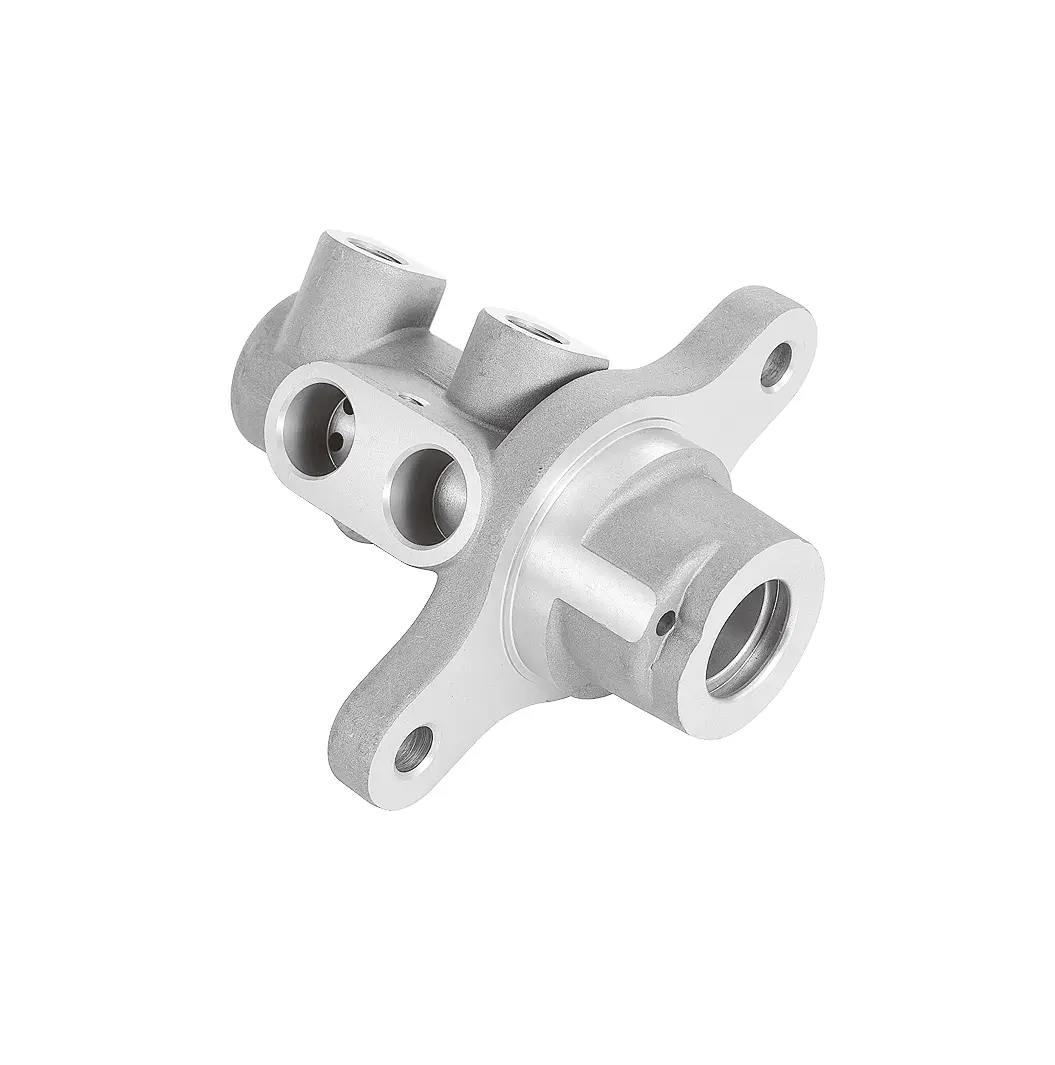
Third, Practical Applications of High-Precision Aluminum Alloy Die-Casting: Case Studies in Three Popular Foreign Trade Industries
1. Automotive Industry: New Energy Vehicle Motor End Cover
A German automaker purchased a motor end cover (made of AlSi10Mg) with the following requirements:
Bearing mounting hole tolerance φ60H7 (±0.03mm);
End face runout ≤0.05mm. Through mold pre-compensation (1.0% shrinkage), segmented die-casting machine injection speed control (gradually varying from 0-3 m/s), and CMM full inspection, we ultimately achieved a 99.2% batch yield and reduced delivery time to 15 days, becoming this customer's long-term supplier.
2. Electronics Industry: Laptop Case Bracket
This customized bracket (1.2mm thick) for a US consumer electronics brand required:
Dimensional stability (deflection ≤ 0.02mm under -40°C to 85°C conditions);
Multi-cavity simultaneous production (8 cavities per mold, dimensional deviation ≤ ±0.05mm per cavity).
We employed zoned mold temperature control (cavity temperature 220°C, gate temperature 200°C) and selected the highly thermally conductive aluminum alloy ADC12. The final product passed the customer's 1,000 hot and cold cycle tests without any dimensional failure.
3. Medical Devices: Diagnostic Device Base
For a base order from a Japanese medical device manufacturer (material A380), the requirements were:
Flatness ≤ 0.08mm/m (to ensure horizontal placement of the device);
Non-magnetic and free of impurities (to avoid interference with test results).
Through vacuum die-casting (to reduce porosity), magnetic flaw detection, and CNC precision grinding, the final product not only met the required precision but also passed the Japanese JIS Z 2201 magnetic particle inspection standard, successfully entering the Japanese medical market.
Fourth, How Do We Maintain Continuous Casting Accuracy? Our Quality Control System and Foreign Trade Service Commitment
1. Full-Process Quality Control System
Pre-production: Review drawings with the customer, provide DFM (Design for Manufacturing) recommendations, and optimize precision control challenges;
In-production: Samples are collected every two hours for CMM testing, and SPC (Statistical Process Control) monitoring is implemented for key processes;
Post-production: Detailed inspection reports (including dimensional data, material certification, and compliance certificates) are issued, and third-party re-inspections are supported. 2. Dedicated International Trade Services
We provide customized packaging (such as moisture-proof wooden crates and vacuum film packaging) for customers in different regions to prevent collisions and deformation during transportation.
We provide multilingual technical documentation in English, German, Japanese, and other languages, and assist customers with local certification.
We have a 24-hour international trade after-sales hotline. If any accuracy issues arise, we will provide a solution within 48 hours, and dispatch engineers for on-site support if necessary.








